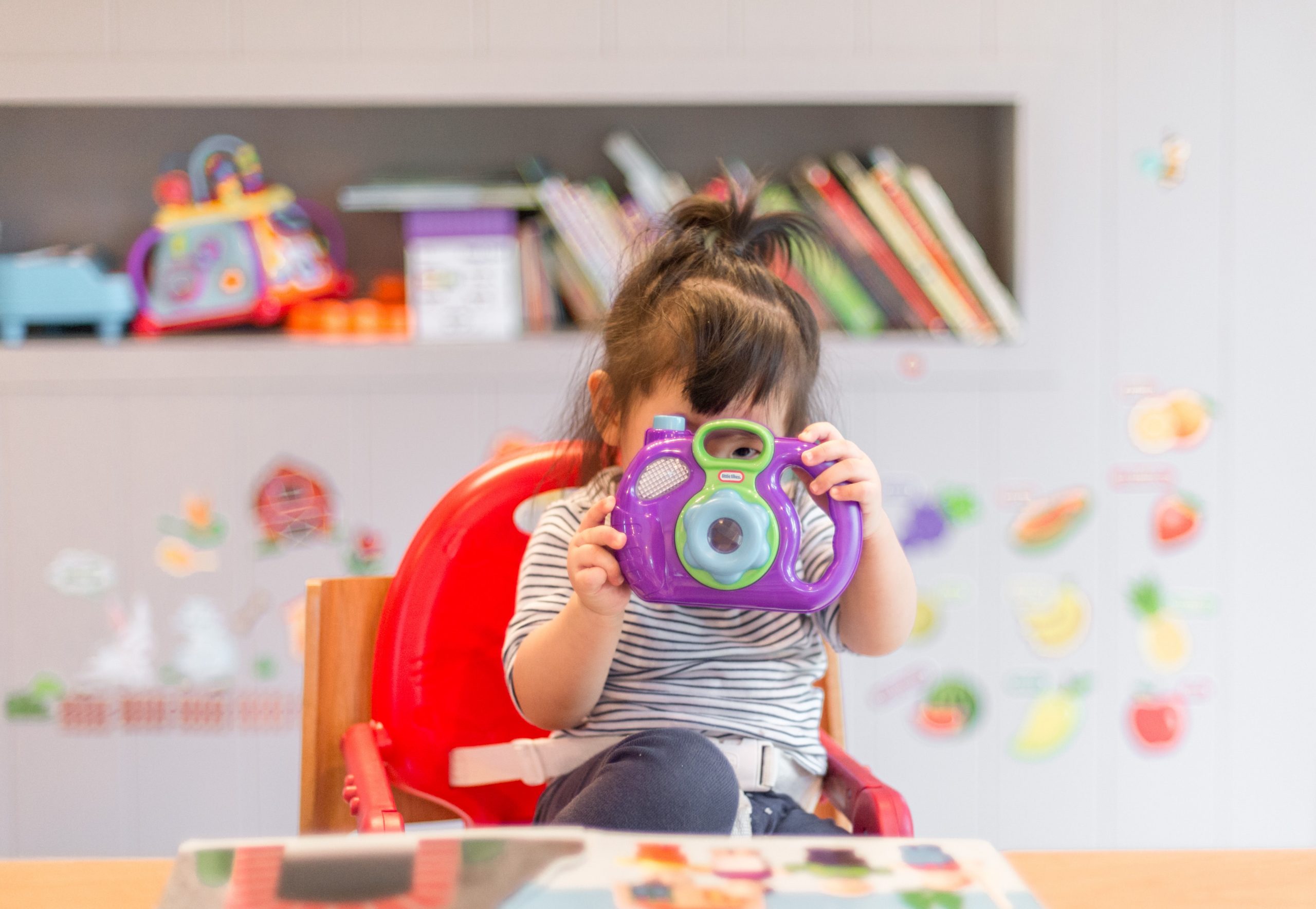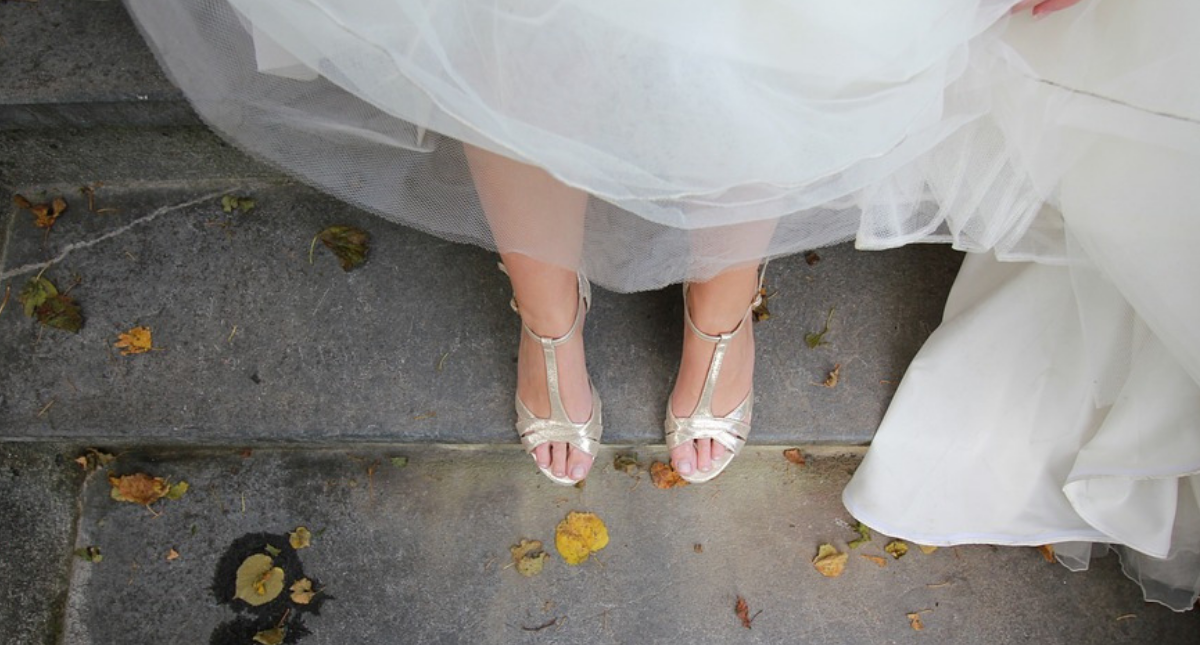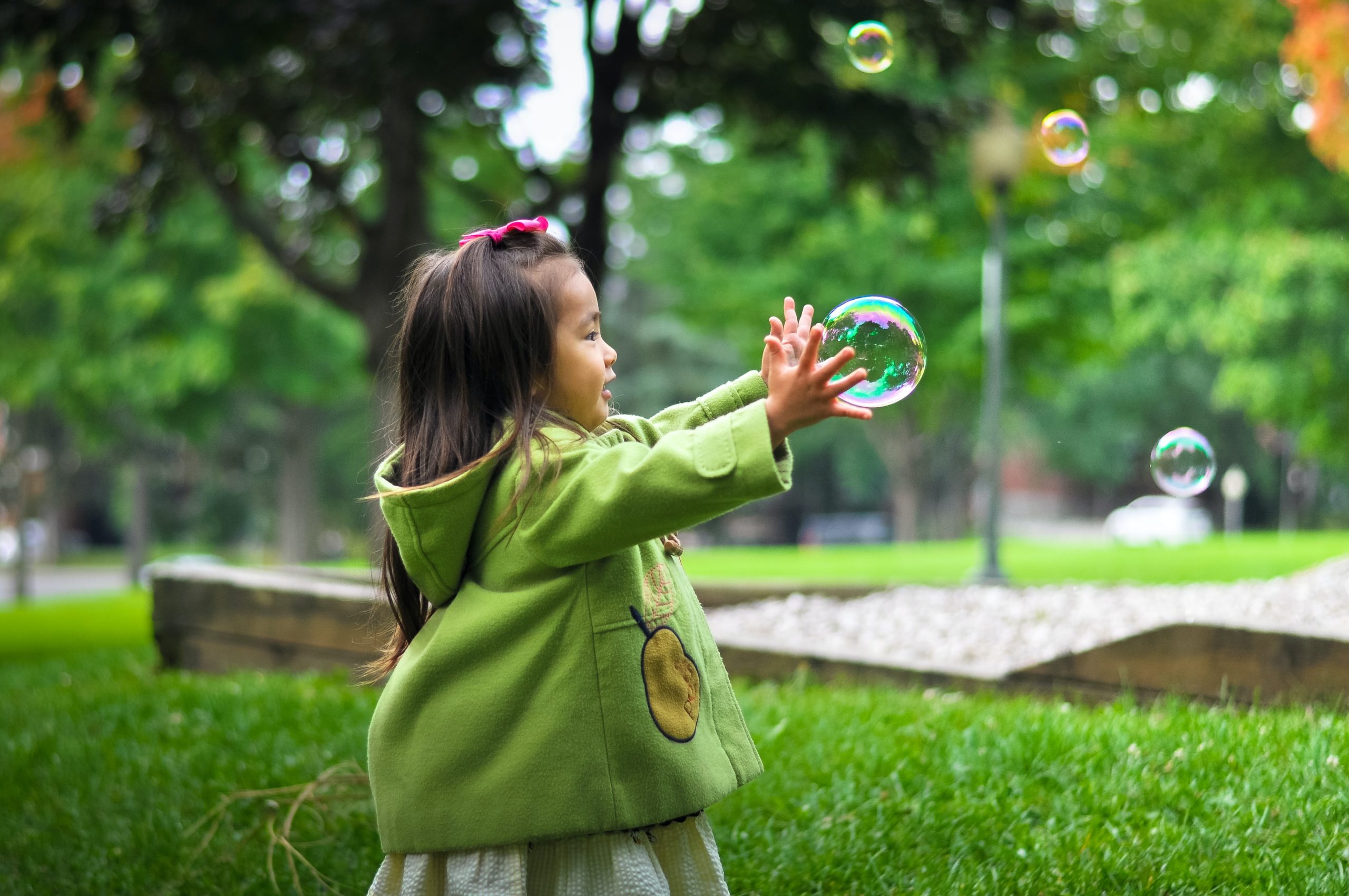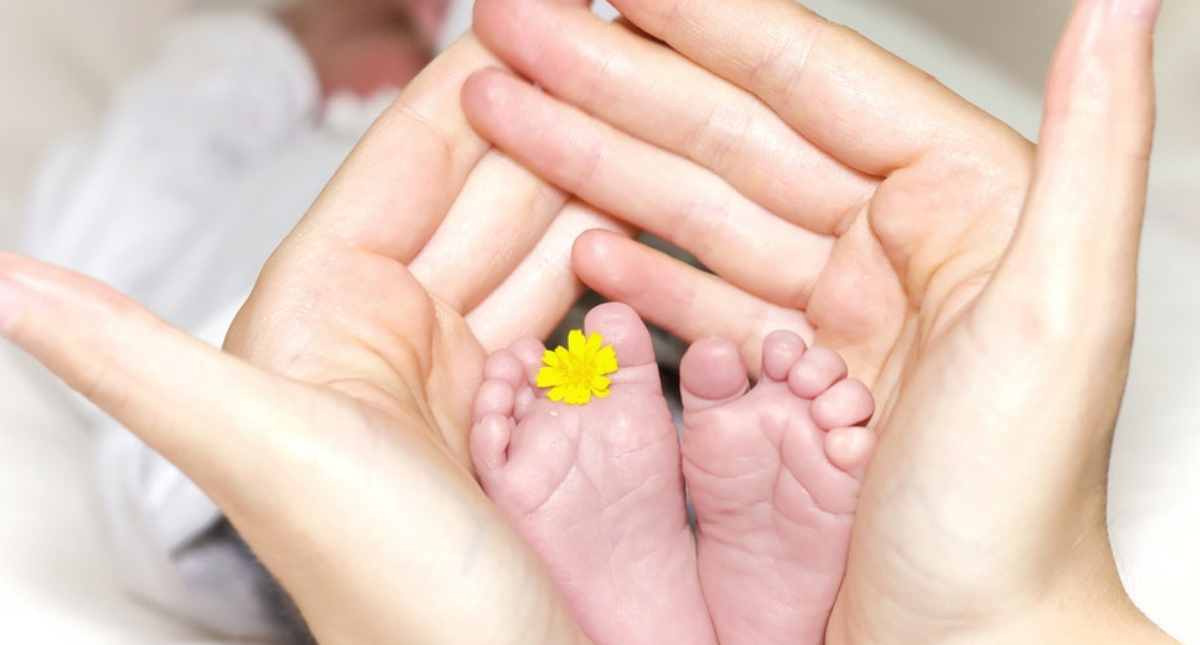

We view our children as the light of our life (at least we would hope so), our joy, and the reasons we keeping trying even when times are hard. We all start off as noble parents who envision nothing but sheer success, happiness, and lots of love for our children.
We need to be careful as parents. Some of the parenting mistakes we make result in our children having anger issues, depression, tense family relationships, anxiety, social issues, low self-esteem, chronic emotional issues, and even a sense of entitlement, throughout their lives.
Different parents have different parenting ideas on do’s and don’ts you use to discipline your children. But there are eight key points that are never a “do” and are always a “don’t”.
1. Do not ignore the feelings of your child
In the case your child is expressing emotions such as sadness, fear, or anger, mocking, humiliating, ignoring or teasing them leads to more problems. It is the same as a parent telling a child that what that child feels is wrong.
Whenever parents ignore the feelings of their children, it appears as if they don’t care. They end up withholding love from their children and miss the opportunity to ever have open connections, which would have let the children know they are loved unconditionally.
2. Refrain from inconsistent rules.
If a parent never talks about their expectations, it keeps the children from learning and understanding the appropriate ways to behave. Children generally live up to the expectations of their parents, and rules provide boundaries and guidelines that essentially assist them towards the definition of exactly who they are, whether they embody the good or the bad.
If you refrain from appropriately guiding your child and keep them guessing, then in their eyes and thoughts, life is vague. They will soon start acting out, trying to find the boundaries by themselves, which eventually leads to very low self-esteem and problematic behaviors.
It is better to be more strict and then give them opportunities to prove themselves, then be lenient and have to buckle down.

Image Source: rhakes.com
3. Do not discipline or treat children the same way you would a friend.
As a parent, you should never share all of your concerns, worries, and relationship issues with your child, nor should you ask for their advice regarding the same. When a parent acts defeated and helpless to their children, the kids never learn to respect said parents and end up treat them as equals, or in extreme cases, as inferiors.
Parents must show their children that they are able to stand up to life’s issues, face the different challenges that accompany life, and essentially, handle life even during the most stressful of times. Parents must be real; they can have their emotions, but must not burden their children.
4. Do not put down the other parent.
Even as an example of failure, a parent should never put down the other parent, regardless of their underachievement or misfortunes. If you, as one of the parents, never show love and affection to your spouse, or in cases of separation, blame the other parent in front of your children, they do not develop a measure or understanding of what love is or even what it might look like.
If you, as one of the parents, continually put your partner down and reject them with threats of divorce, you end up creating a chronic anxiety state for your children. If you are divorced but remain angry, cold, bitter, distant, and keep blaming your ex-spouse, then you inadvertently send subtle messages to your children that indicate you ought to be the preferred parent since your ex-spouse is the root cause of your divorce. This is considered parent alienation.
So, do yourself a favor and be the bigger person. Don’t put down the other parent in attempt to make you look better. Because in the end, you will look like the fool.

Image Source: today.com
5. Do not punish independence.
The urge to be independent should never be punished. When you as a parent, punish your child for growing up, you end up making them guilty over having normal and fundamental development desires and needs, which often causes rebellion, a deeply rooted insecurity, and other behavioral forms indicative of a failure to independently branch out and be themselves. They will consequently be unable to act as independent people.
6. Do not treat your child as your own extension.
If, as a parent, you have linked your self-worth and your own image to the performance, appearance, behavior, assessment, and socialization of your child, then you are letting them know that the love you have for them is not for who they really are, but for how good their performance is and how good they make you look. This will eventually turn your children into “pleasers” as opposed to “doers”, and they will always worry that they might not be good enough.
7. Refrain from meddling in the children’s relationships.
A parent must never meddle in every aspect of a child’s relationship. When you direct every action taken by your child concerning their relationships with friends and even teachers, you end up inhibiting their maturity.
For instance, if your child gets into some trouble at school, and you as the parent immediately rush over to try and get them off the hook by talking to the teacher, or if you constantly tell your child how to portray friendship, your child will grow without ever learning how to navigate the sharp edges and curves life’s relationships have in store for them.
8. Overprotecting is a no-no!
When we, as parents, protect our children from every possible problem or emotion, it develops into a sense of entitlement and an inflated self-esteem that often crosses over to narcissism. Our children will grow up expecting life to be easier than the reality. They will expect, and even demand, that everything be done for them, regardless of how they behave. They will also becoming confused and depressed whenever they do not get whatever they believe is deserved.

Image Source: worldofmoms.com



















